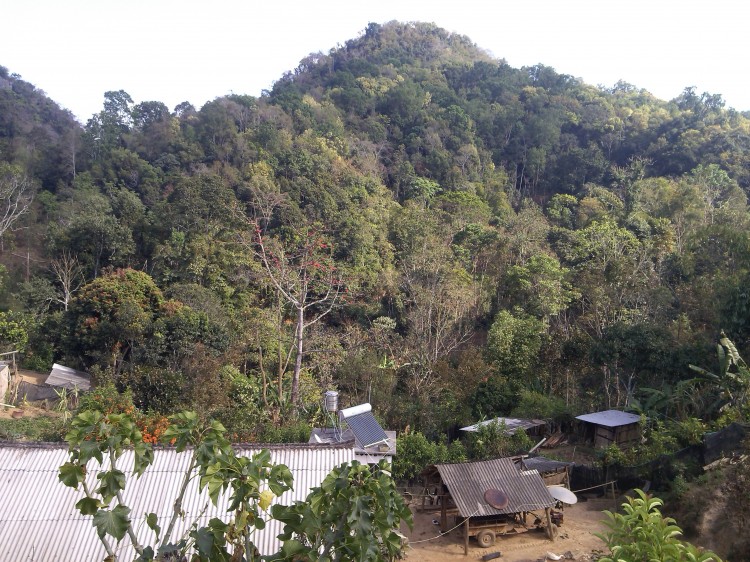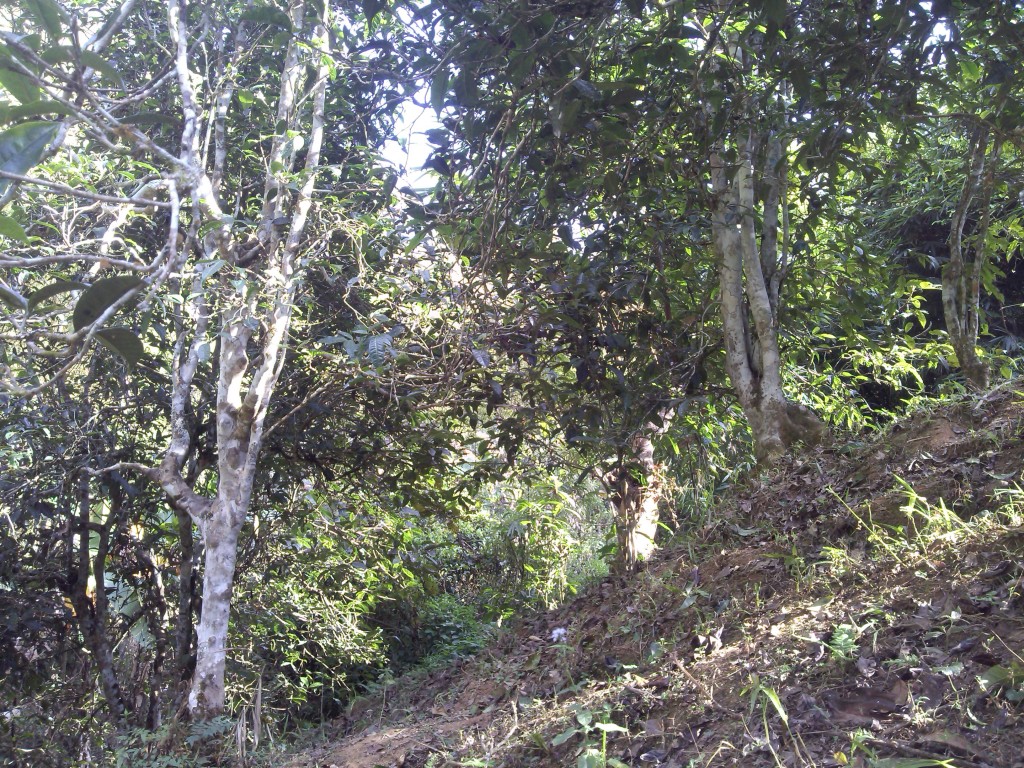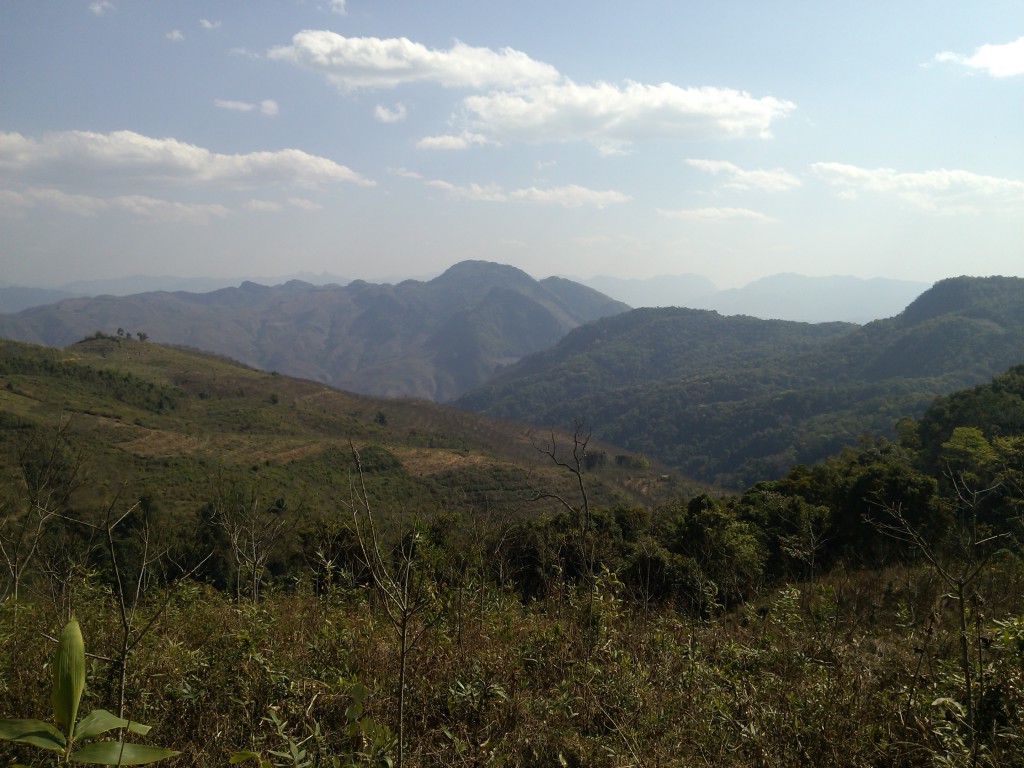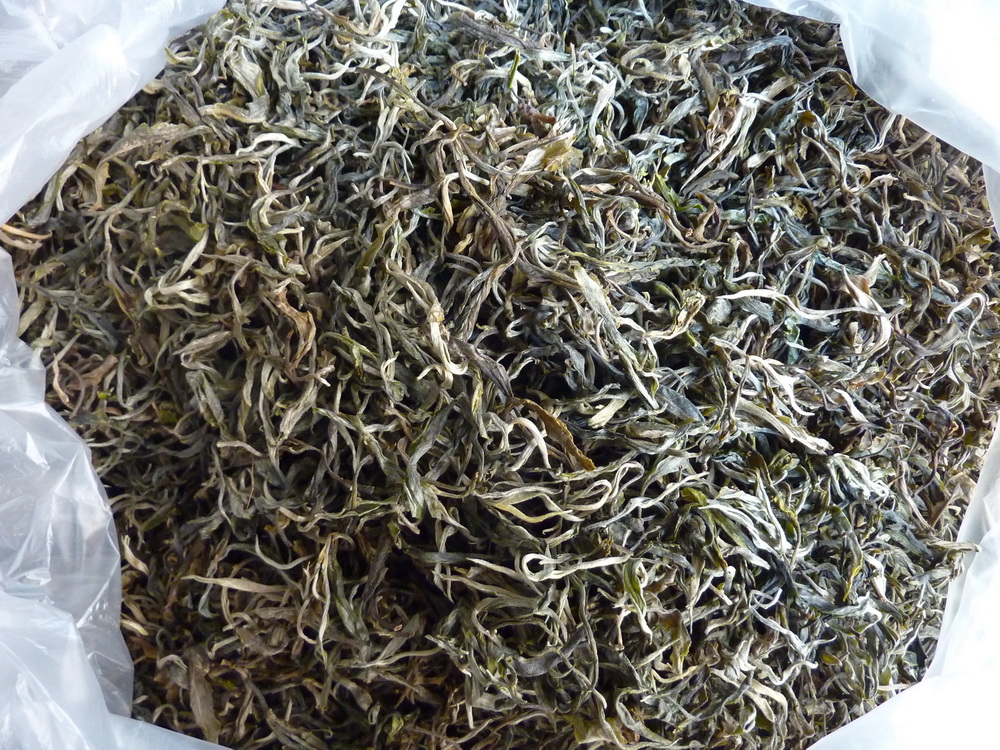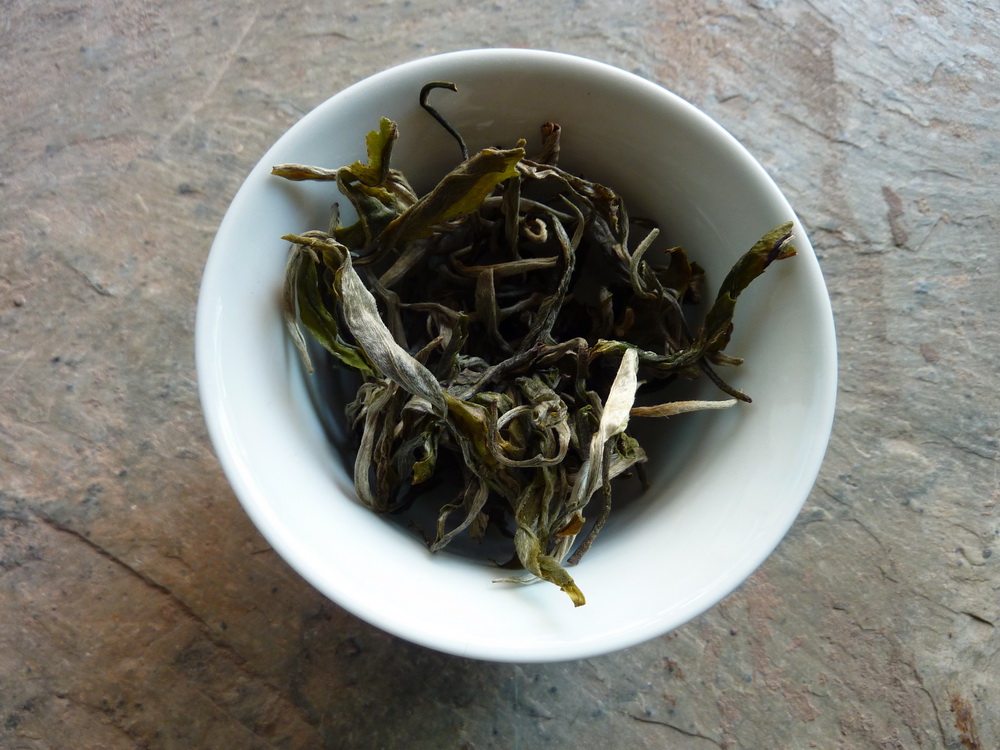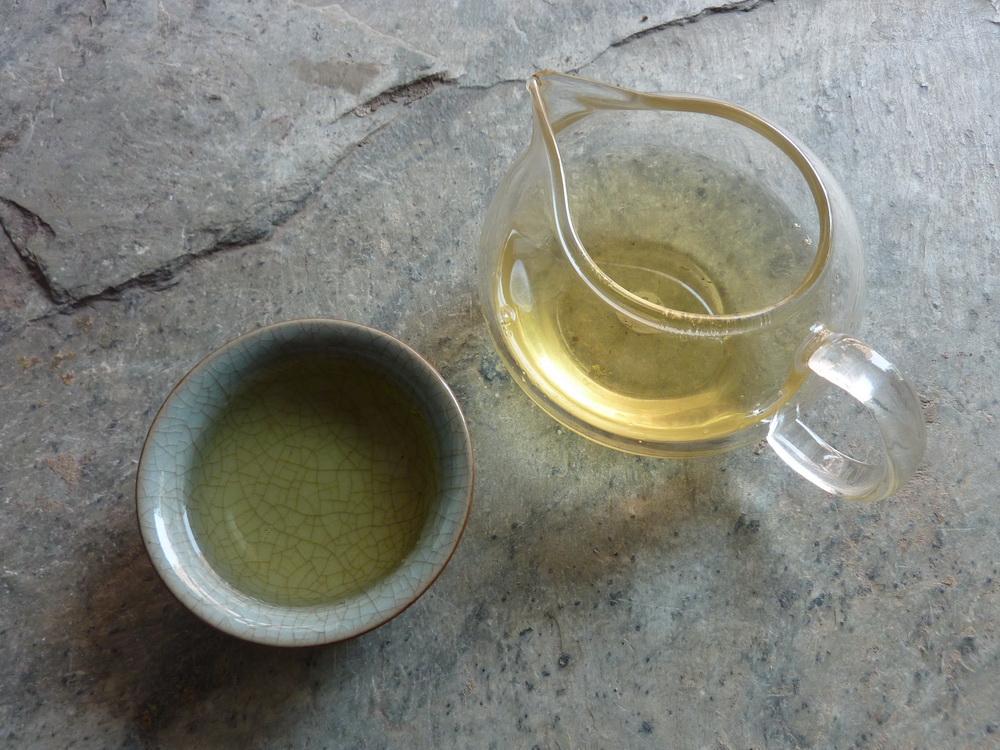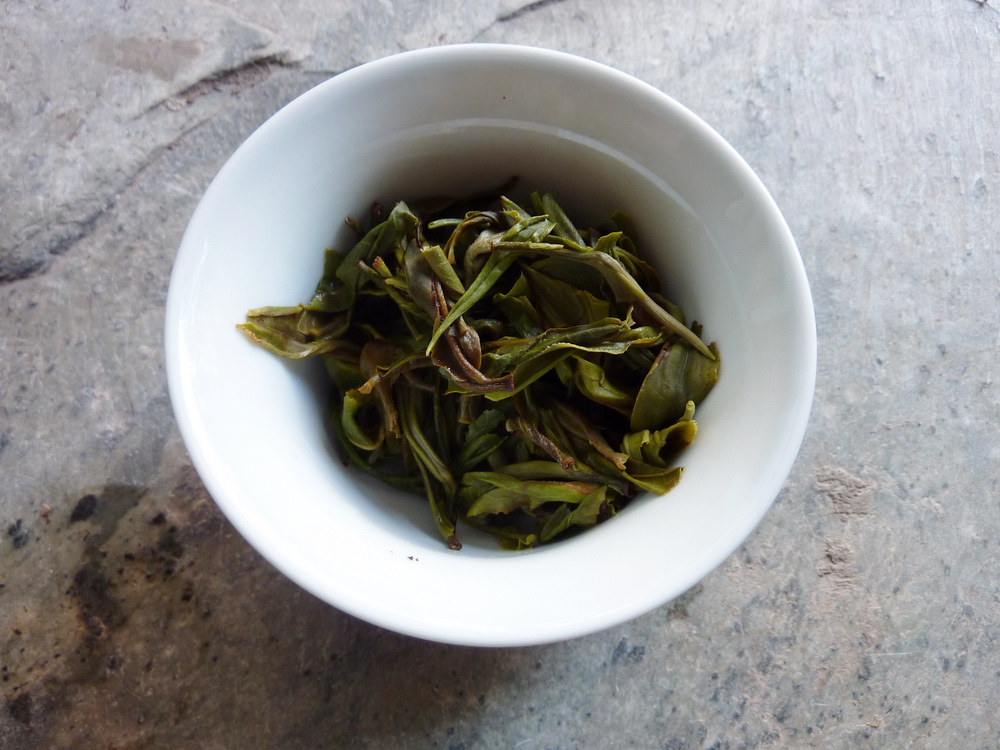Another really dry spring, though it looks like it’s going to rain this weekend. Tea prices have gone up anything from 25 to 50%. Earlier in the spring, people were saying that Dayi and Cheng Shen Hao were going round pre-ordering tea which ratcheted up the price, but then, as some others commented, they’re not necessarily willing to pay top whack, and there are plenty of tea farmers who have solid customers who they don’t want to blow off anyway.
One tea farmer was telling me yesterday that, in their village at least, it was an increase in folks from Guangdong that was pushing up prices. That may be maligning Guangdongers, there’s always been plenty of Guangdong people coming buying tea. In any case, the village has seen a fifty percent increase on the price of fresh leaves since last year, and over the last three days, it’s gone up 10 yuan a day. The weather, as always is also a factor: very dry, not so much tea. After it rains, there will be lots more, but then there’s at least a few days after the rain where it won’t be worth having if anyone picks it.
HM came back from Ge Lang He saying Pasha was full of folks from Ban Zhang buying tea – draw your own conclusions. BHT fresh leaves are around 750-800 yuan a kilo, which means prices around 3000 a kilo and the rest of Wan Gong not much less. Walong is still about half that. So here are a couple of pictures to be going on with:
Wa Long is a little like Man Lin or somewhere like that where, at slightly lower elevations, it’s surrounded by rubber, but right round the village, and the tea gardens, the environment is surprisingly intact.
Here are a couple of trees right near the village, but most old trees are in the forest above the village.
Coming up from the Xiang Ming road, one first gets to Wa Long Lao Jia, and from there you run along the mountain ridge to Walong. From the road between the two villages one can see Gedeng.

